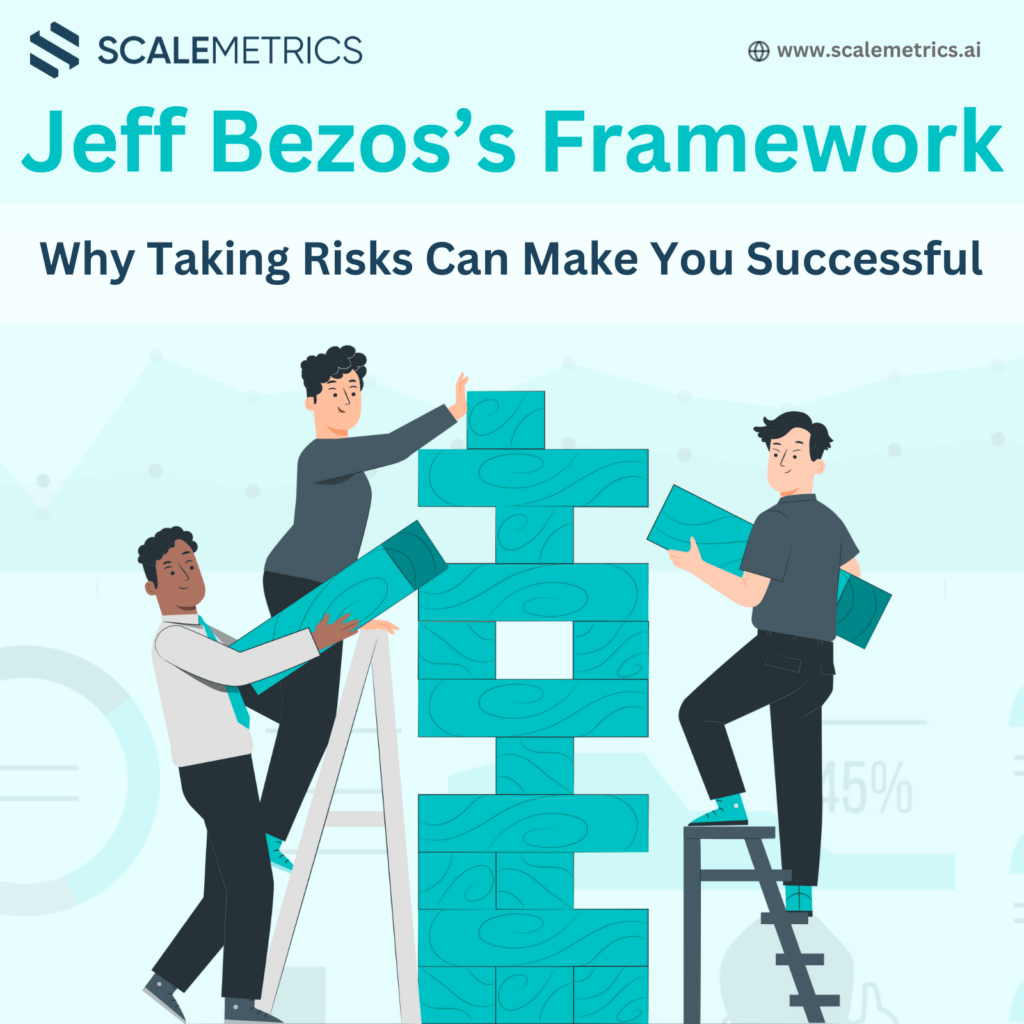Why Taking Risks Can Make You Happier and More Successful

Jeff Bezos once said that most people overestimate risk and underestimate opportunity.
The truth is, fear of the unknown keeps many people stuck in unfulfilling jobs, stagnant careers, and life situations they secretly want to change. But science backs what Bezos believes—those who take bold steps, like starting a business or moving to a new city, tend to be happier in the long run.
So if you’ve been hesitant to take a leap, ask yourself: What’s holding you back—the actual risk, or just the fear of it?
Why We Play It Safe (And Why That’s a Problem)
As humans, we are wired for loss aversion—we feel the pain of a loss far more than the joy of a gain. This makes us:
- Avoid risks, even when the potential upside is huge
- Stick with familiarity, even when it’s no longer fulfilling
- Convince ourselves that it’s safer to do nothing than to try something new
But what if staying in your comfort zone is actually riskier? Studies show that people who avoid change are more likely to experience long-term regret than those who take a chance on something new.
The Science of Risk-Taking and Happiness
Multiple studies have explored the link between taking risks and long-term happiness. Research from the National Bureau of Economic Research found that:
- People who make major life changes (such as switching careers, starting businesses, or moving to new places) report higher satisfaction than those who stick to the status quo.
- Entrepreneurs, despite facing uncertainty, often report greater happiness and fulfillment than those in traditional jobs.
- Taking calculated risks leads to higher confidence, stronger resilience, and better opportunities.
The Bezos Regret-Minimization Framework
When Jeff Bezos was deciding whether to leave his high-paying Wall Street job to start Amazon, he asked himself:
“When I’m 80, will I regret not taking this chance?”
His answer was yes, so he took the leap.
This decision-making framework can be life-changing. Instead of asking, “What if I fail?”, ask yourself:
- Will I regret not trying?
- Will I always wonder what could have been?
- What’s the worst that could happen—and can I recover from it?
Most of the time, the risk of doing nothing is far greater than the risk of taking action.
How to Take Smart Risks Without Losing Everything
Taking risks doesn’t mean being reckless. The goal is to take calculated risks—ones where the potential upside outweighs the downside.
1. Start Small, But Start Now
- Thinking about starting a business? Begin as a side hustle before quitting your job.
- Considering moving to a new city? Try staying there for a month to test the waters.
- Want a career change? Take a course or network in the industry before making the switch.
Every big leap starts with a small step.
2. Minimize Financial Risk
Financial fear is one of the biggest reasons people avoid risks. To make smart financial decisions:
- Build an emergency fund (3–6 months of living expenses) before making major career or life changes
- Cut back on unnecessary expenses to give yourself more flexibility
- Seek professional financial advice to ensure you’re making informed choices
3. Surround Yourself with Risk-Takers
The people around you influence your mindset. If everyone in your circle is risk-averse, you’re likely to be as well.
- Connect with entrepreneurs, investors, and ambitious professionals who have taken big leaps
- Read about successful risk-takers and learn from their experiences
- Seek mentors who encourage calculated risk-taking instead of discouraging change
4. Shift Your Perspective on Failure
Most people fear failure because they see it as permanent. But the most successful people see failure as data—a way to learn and improve.
- If your business idea doesn’t work, what skills will you gain that make you stronger for the next attempt?
- If you move to a new city and don’t like it, can you move back and carry that experience with you?
- If you change careers and it’s not what you expected, will you be in a worse position than before—or will you have gained new knowledge?
The reality is, most failures are recoverable, but missed opportunities are not.
Why 2024 Should Be the Year You Take the Leap
If there’s a change you’ve been thinking about—a business idea, a career move, a life decision—don’t let fear of risk hold you back.
The question isn’t, “What if I fail?” but rather, “What if I never try?”
The happiest and most successful people aren’t the ones who played it safe—they’re the ones who took calculatedchances and bet on themselves.
Need Help Mitigating Financial Risk? Let’s Talk.
Taking a big leap—especially financially—can feel overwhelming. But with the right strategy, you can take smart risks without unnecessary stress.
If you’re looking to start a business, invest, or make a big financial move, our team can help you plan and reduce risk while maximizing opportunity.
Let’s discuss how to make your bold move a reality!
